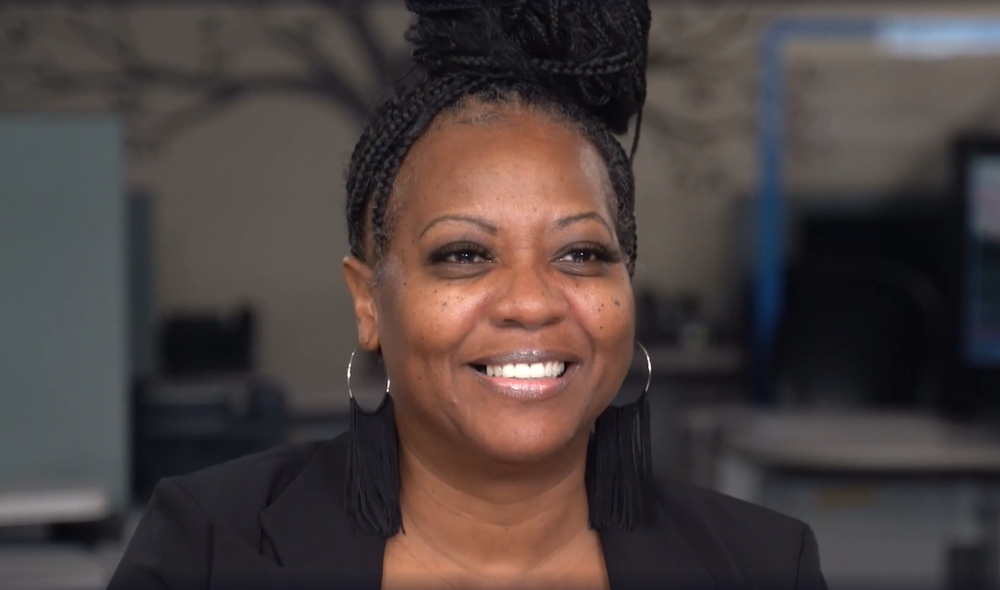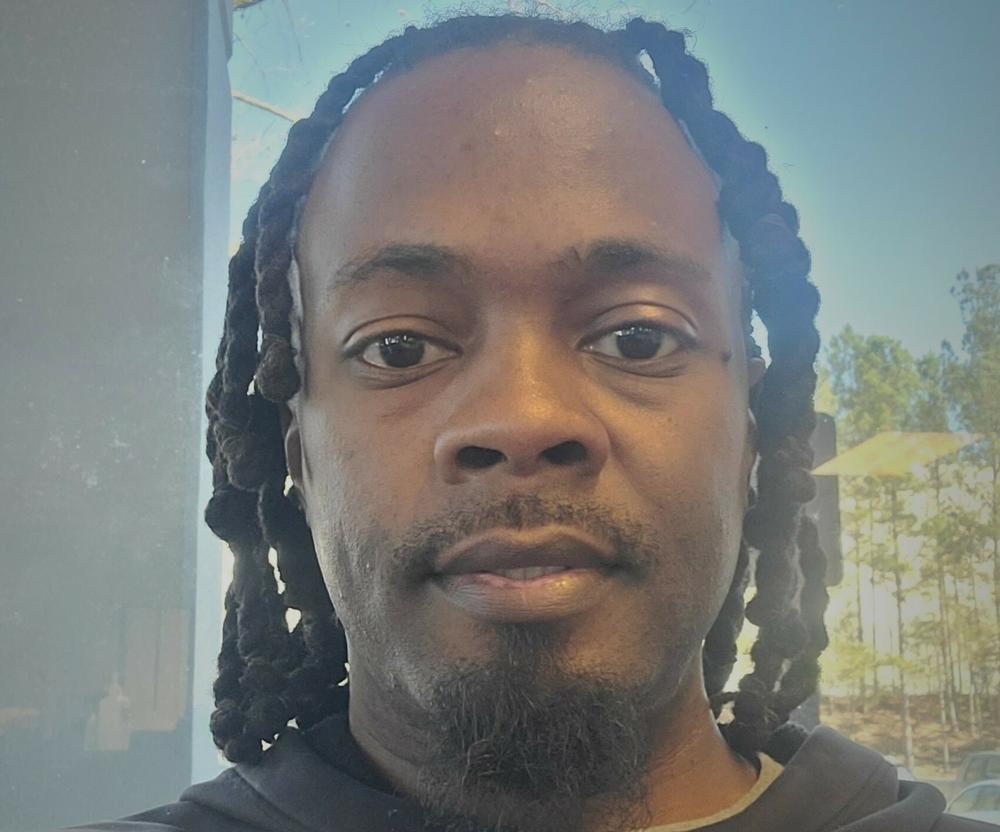Colorectal cancer is rising among Gen X, Y & Z. Here are 5 ways to protect yourself
3/21/2023, Georgia Public Broadcast

If you think you're too young to get colorectal cancer, consider this: About 20,000 people in the U.S. under the age of 50 will be diagnosed this year. And an estimated 3,750 young adults will die.
"Colorectal cancer is rapidly shifting to diagnosis at a younger age," conclude the authors of an American Cancer Society report released this month. Since the mid-'90s, cases among people under 50 have increased by about 50%. It's one of the deadliest cancers in this age group.
"The moment that I was diagnosed with colorectal cancer scared me out of my mind," says Shawna Brown, a union organizer in Stockton, Calif. She was in her late 40s at the time and was completely shocked. "I had no signs or symptoms," she says.
Brown had received a screening test kit in the mail from her health care provider, but she didn't think it was urgent and frankly it grossed her out. The test required her to take a stool sample and send it back: "It didn't seem sanitary," Brown recalls thinking. "So I ignored the test." At the time, many people were unaware that in 2018 the American Cancer Society had lowered the recommended age to begin screening from 50 down to 45 years old.

Shawna Brown of Stockton, Calif., was shocked to get a colorectal cancer diagnosis in her late 40s. / Kaiser Permanente/Shawna Brown
Eventually, during a routine medical appointment, Brown's nurse practitioner at Kaiser Permanente persuaded her to complete the screening, known as a FIT test, which can detect trace levels of blood in the stool. It came back positive, so Brown had a colonoscopy and doctors found a cancerous polyp. Then she had surgery to cut out a small part of her colon. Fortunately, the cancer had not spread beyond that.
She's now an advocate for screening. "It definitely saved my life," Brown says. Two years later she remains cancer free.
Millennials and Gen Z are at risk too. Diet may play a role
Statistically, people in their 20s and 30s are much less likely to get colorectal cancer compared to people 50 and older, but cases in this age group are rising. They're expected to increase by 90% by 2030, says Dr. Kimmie Ng, who directs the Young-Onset Colorectal Cancer Center at Dana Farber Cancer Center.
Ng says researchers are evaluating a range of factors that could be fueling the rise in colon cancer, everything from a lack of vitamin D, the complicated role of the microbiome, to the effect of high red meat consumption and the role of diet overall.
A study published in 2021 found that women who drank more than two sugary drinks per day had more than double the risk of early onset colorectal cancer, compared to women who drank less than one drink. And a study published this month suggests people who eat lots of fresh and minimally processed foods are less likely to develop colon cancer, compared to people who consume lots of ultra-processed foods — including processed meats, sweets, carbonated soft drinks and ready-to-eat meals.
And a healthy diet likely plays a role in preventing recurrences among people who are diagnosed with colorectal cancer, a study published in 2019 found. Researchers tracked about 1,000 patients who had been treated for stage 3 colon cancer. They found people who consumed a lot of foods that can spike insulin, such as white bread, sugar-sweetened drinks and processed snacks, were about twice as likely to have a recurrence or die from colon cancer, compared to those who consumed the least of these foods.
A wake-up call at 35
When Deondre Williams, of Covington, Ga., first saw blood in his stool, he figured he had hemorrhoids, so he put off seeing a doctor. At the time he felt fine and weighed 240 pounds. "I was solid," Williams says. "I thought I was healthy, because I worked out consistently."
But at 35, he had colorectal cancer. After he was diagnosed, Williams had surgery and spent months recovering.

Deondre Williams of Covington, Ga., was diagnosed with colorectal cancer at the age of 35. / For NPR
Now, he's back coaching football and speaking at community events about the importance of colorectal screening. And he's made a big change in his diet. "I don't eat a lot of processed foods anymore," he says.
He says, looking back, he suspects his diet may have played a role. Growing up, his dad was a truck driver, and his family didn't take time to prepare meals at home. "Everything was grab and go," he explains. Prepared and processed foods were convenient. But now, he eats more fresh produce and less bacon, sausage and snack foods — he also avoids sugar and sodas.
The good news is that colorectal cancer is very treatable when caught early. So, what can you do to protect yourself? Here are five strategies to guide you.
1. Know the signs and symptoms
Some of the early symptoms of colorectal cancer can include blood in your stool, a change in bowel habits, weight loss for no known reason, a feeling of bloating or fullness and fatigue. If you experience any of these symptoms, you should talk to your doctor about getting screened.
"We are seeing a rise in young onset colorectal cancer in every ethnic and racial group," says Ng. "So everybody needs to be aware of the symptoms."
View More